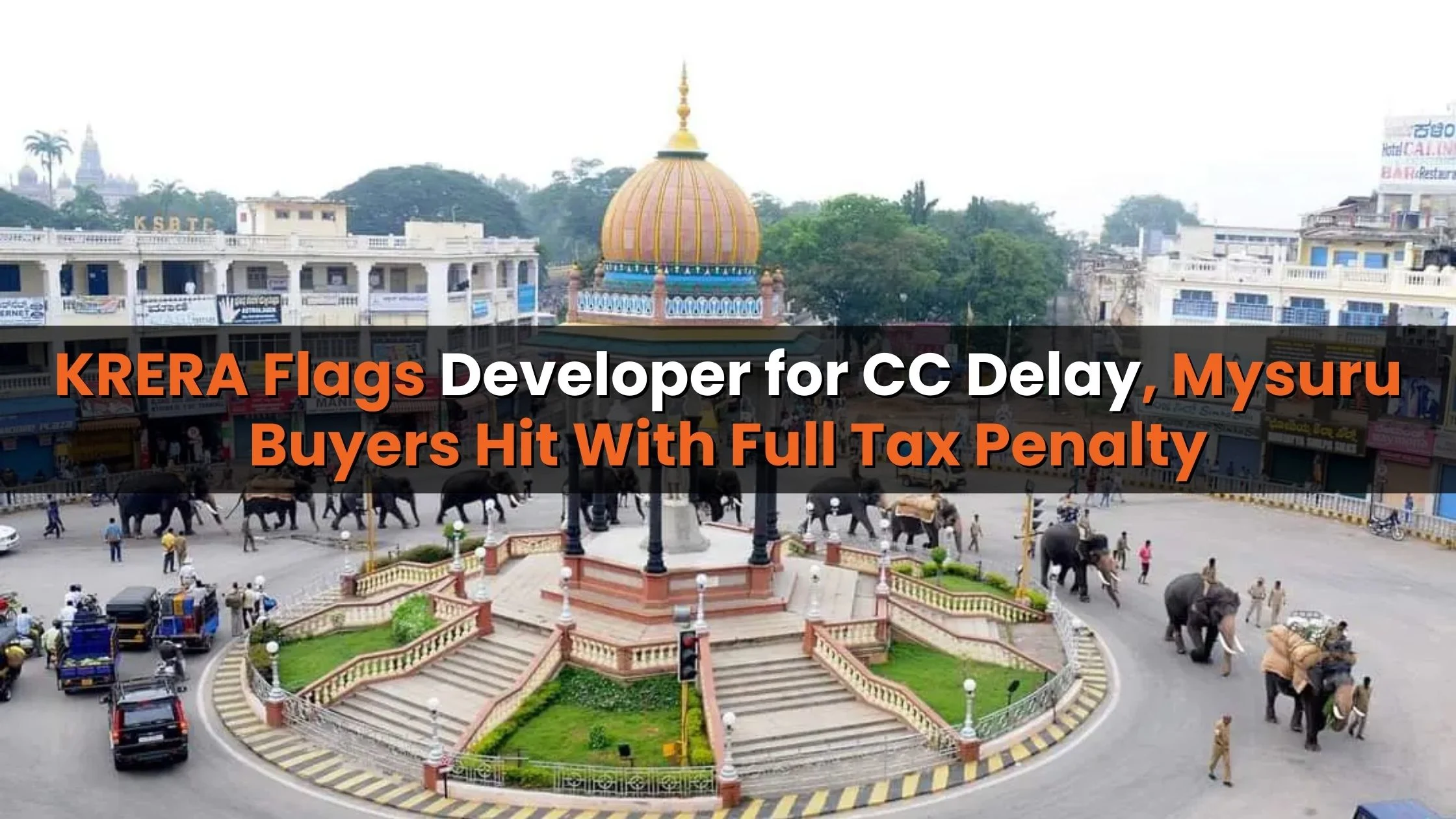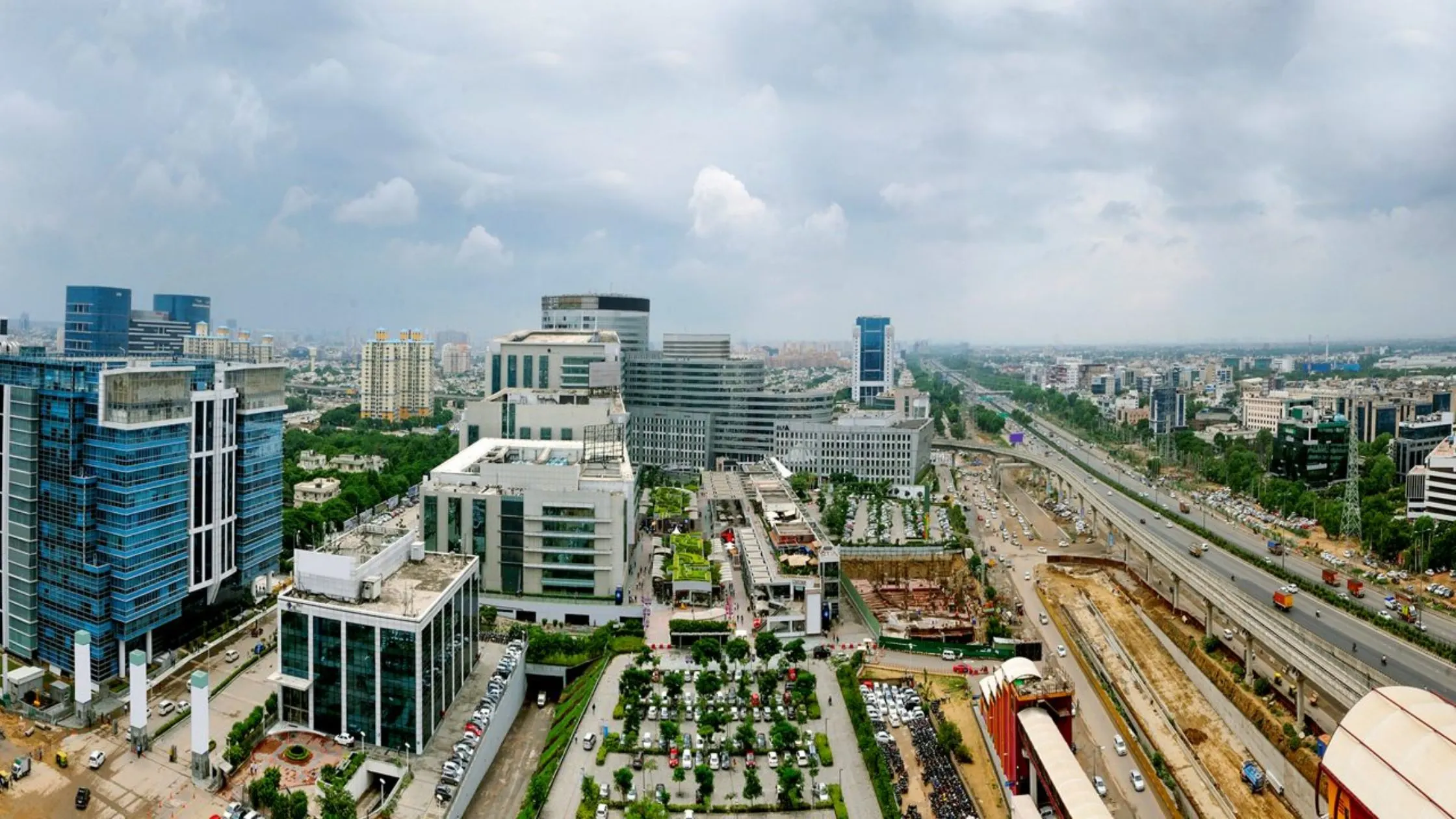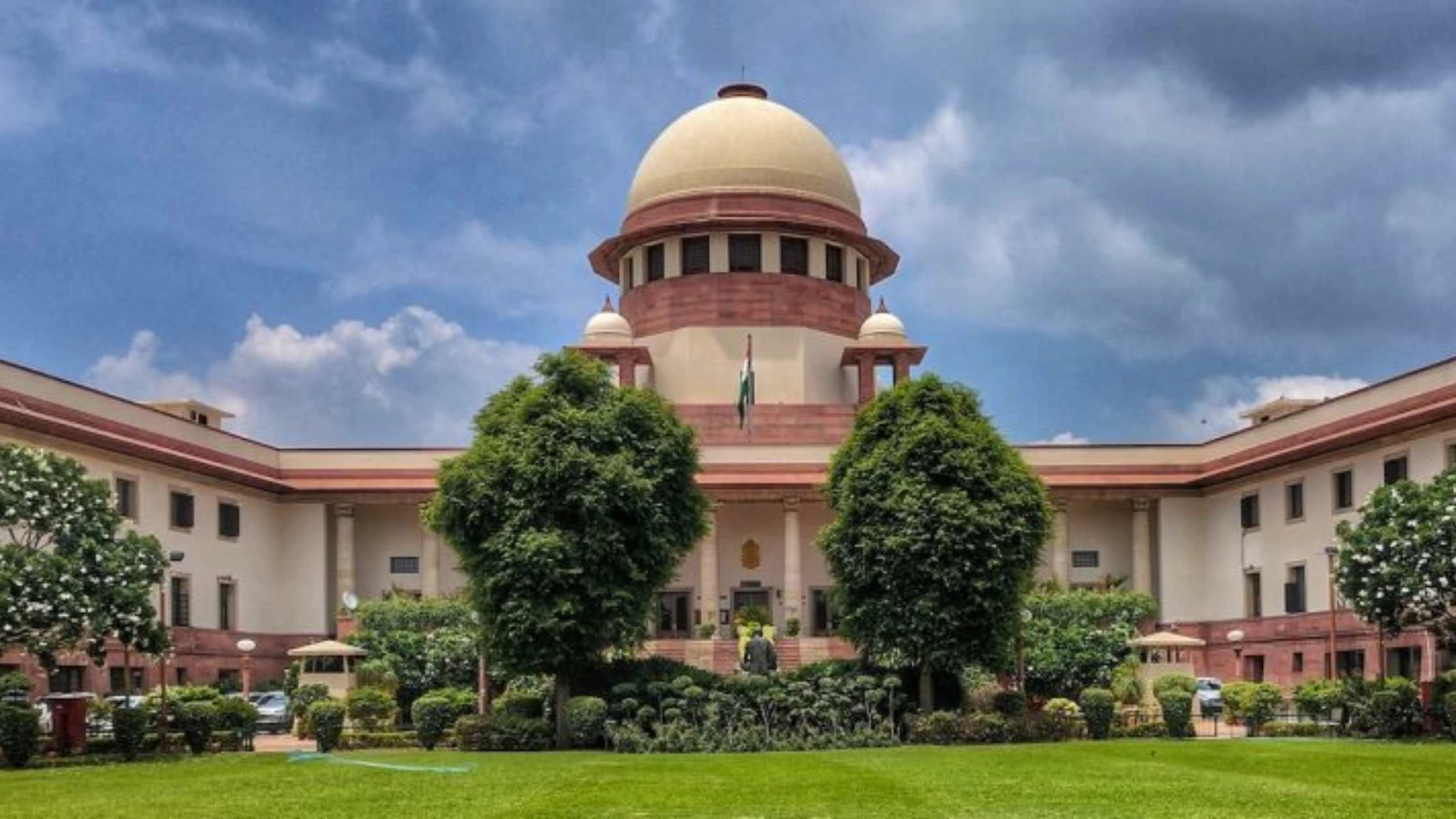Table of Content
▲
The Noida Authority has introduced a groundbreaking redevelopment policy, approved on June 14, aimed at revitalizing the city’s aging residential complexes. Under this policy, homeowners of older buildings will receive modernized apartments with at least a 15% increase in carpet area. Residents will also be provided with temporary accommodation or rental compensation during the redevelopment process, ensuring minimal disruption. This policy addresses the challenges of aging infrastructure, emphasizing safety, sustainability, and improved living conditions in Noida.
Key Features of the Noida Authority Redevelopment Policy
1. Larger Apartments and Temporary Accommodation
The policy guarantees homeowners a minimum 15% increase in carpet area in their reconstructed flats. During the redevelopment process, residents will either be temporarily accommodated or provided with rental compensation, ensuring minimal disruption to their lives.
2. Applicability to Older Buildings
The redevelopment initiative targets buildings that are over 30 years old or have been declared structurally unsafe by reputable engineering institutions such as IITs or NITs. With numerous housing societies showing signs of structural wear, this policy addresses the urgent need for urban renewal.
3. Mandatory Consent for Redevelopment
Redevelopment projects can commence only after securing 70% consent from leasehold residents. This ensures that the interests of homeowners are prioritized and that decisions are made collectively.
4. Categories of Eligible Buildings
The policy encompasses a wide range of housing complexes, including:
- Authority-built projects like Mansarovar and Shatabdi Vihar.
- Cooperative housing societies such as Rail Vihar and LIC Society.
- Private developer projects in the Noida region.
5. Enhanced Developer Accountability
Developers are bound by strict guidelines to ensure timely completion and quality delivery. They must enter a tripartite agreement with the Noida Authority and Apartment Owners’ Associations (AOAs), specifying project timelines, carpet area entitlements, and relocation plans.
Also Read: YEIDA Rolls Out EWS Housing and Recreation Plans Near Noida Airport
Financial Viability and Incentives
To make redevelopment financially feasible, the policy offers an increased floor area ratio (FAR) of up to 2.75, allowing developers to construct additional units. These extra units can be sold to offset redevelopment costs. Furthermore, homeowners will benefit from waived stamp duty and lease rent charges on new lease deeds for the revamped flats.
Focus on Structural Safety and Modern Amenities
The policy emphasizes structural audits and retrofitting to address safety concerns. Redeveloped societies will feature:
- EV charging stations.
- Rainwater harvesting systems.
- Advanced sewage treatment plants.
Such upgrades not only improve safety but also align with modern sustainability standards.
Developer Selection Process
The developer selection process depends on the type of project:
- Authority-Built Projects: Developers will be selected through a transparent bidding process.
- Cooperative and Private Societies: These societies can appoint developers directly, provided they meet eligibility criteria like financial stability and proven experience.
The Noida Authority will also introduce a single-window system for faster approvals, ensuring smoother project execution.
Resident Protection and Accountability
Homeowners are assured of protection through several measures:
- Developers must ensure temporary rehabilitation before initiating reconstruction.
- Additional flats can only be sold once original residents take possession of their units.
- A grievance redress mechanism has been established to address issues such as delays, quality concerns, or carpet area discrepancies.
Streamlined Approvals and Monitoring
The Noida Authority plans to introduce a single-window approval system to expedite redevelopment projects. Additionally, the Authority will closely monitor rent disbursements and project timelines to ensure accountability.
Conclusion
The Noida Authority Redevelopment Policy is a landmark initiative that paves the way for safer, modern, and sustainable housing. By addressing structural vulnerabilities, incorporating modern amenities, and ensuring financial feasibility, the policy is set to transform the urban landscape of Noida. This forward-thinking approach not only enhances the quality of life for homeowners but also strengthens Noida's position as a hub of modern living.
This redevelopment policy is a testament to the city’s commitment to creating a future-ready urban environment that benefits its residents and aligns with global standards.
Follow AquireAcers Whatsapp Channel to Stay Updated With The Latest Real Estate News

_1750671790.webp)




Ans 1. The Noida Redevelopment Policy is a new initiative by the Noida Authority to modernize aging residential buildings in the city. It aims to provide homeowners with upgraded apartments that include at least a 15% increase in carpet area. The policy focuses on safety, sustainability, and enhanced living conditions while ensuring minimal disruption during the redevelopment process.
Ans 2. The policy applies to buildings over 30 years old or those declared structurally unsafe by reputable engineering institutions like IITs or NITs. It includes authority-built projects (e.g., Mansarovar, Shatabdi Vihar), cooperative housing societies (e.g., Rail Vihar, LIC Society), and private developer projects in Noida.
Ans 3. Homeowners will receive apartments with at least a 15% larger carpet area post-redevelopment. They will also be provided with temporary accommodation or rental compensation to ensure minimal inconvenience during the redevelopment process.
Ans 4. Redevelopment projects can only proceed after securing the consent of 70% of leasehold residents. This ensures that the decision-making process is collective and protects homeowners' interests.
Ans 5. To make redevelopment financially viable, developers are allowed an increased floor area ratio (FAR) of up to 2.75. This enables the construction of additional units that can be sold to offset redevelopment costs. Homeowners also benefit from waived stamp duty and lease rent charges on new lease deeds for their revamped flats.
Ans 6. Redeveloped societies will meet modern safety and sustainability standards, featuring amenities such as EV charging stations, rainwater harvesting systems, and advanced sewage treatment plants.
Ans 7. Authority-Built Projects: Developers are chosen through a transparent bidding process. Cooperative and Private Societies: These can directly appoint developers who meet eligibility criteria like financial stability and proven experience.
Ans 8. The policy includes several protective measures: Developers must ensure temporary rehabilitation for residents before starting reconstruction. Additional flats can only be sold after the original residents take possession of their units. A grievance redress mechanism addresses issues like project delays, quality concerns, or discrepancies in carpet area.
Ans 9. The Noida Authority will introduce a single-window approval system to expedite project approvals and closely monitor timelines and rent disbursements. Developers must sign a tripartite agreement with the Noida Authority and Apartment Owners’ Associations (AOAs) to ensure accountability.
Ans 10. This policy is expected to transform Noida’s urban landscape by addressing aging infrastructure and providing modern, sustainable housing. It enhances the quality of life for residents, boosts the city’s appeal as a hub of modern living, and aligns with global urban development standards.
Ans 11. The policy was approved on June 14, 2025, and is now in the implementation phase, with detailed guidelines and processes expected to be rolled out soon.